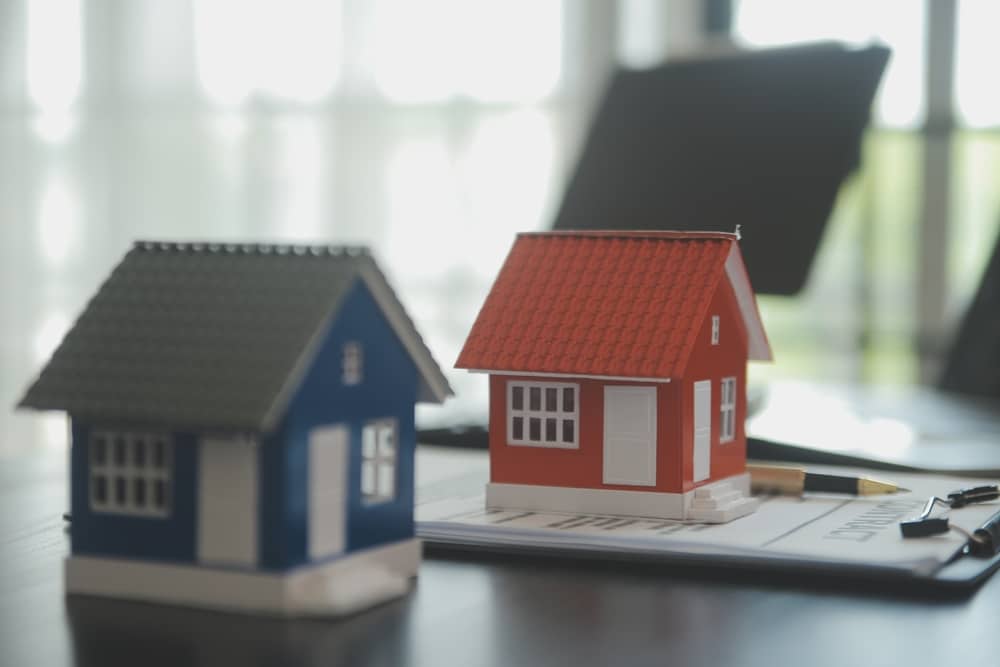Many factors can affect your experience selling your house.
One of these is the size of the property.
So, is it true that bigger houses are harder to sell?
And if so, what causes this to be the case?
Read on to find out.
Defining a ‘big house’
Houses are usually categorised as ‘big’ if they meet the following conditions:
- Are detached
- Have a square footage above 1,500 square feet.
Bigger houses have advantages and disadvantages (see below for more on these).
Location’s impact on size definition
The criteria of what qualifies as a ‘big house’ may vary depending on your location.
In city centres, property types other than detached might be considered big. This is because:
- It is big relative to neighbouring properties
- It will be in the same price range as big houses outside of city centres.
Is it harder to sell a bigger house?
Yes, bigger houses usually take longer to sell than smaller properties.
Big homes are usually more expensive. So they are out of the price range of most potential buyers.
Flats are the opposite to this – they cost less so have more potential buyers. So, they are easier to sell.
Advantages of bigger houses
The advantages of bigger houses help to market and sell them.
More space
Bigger houses have larger square footage. This means that they can accommodate a greater number of people.
There may be more bedrooms which gives residents more space and privacy. Many also have features such as en-suite bathrooms.
Outdoor areas
Bigger houses usually come with bigger gardens, which add value to the house.
Homeowners gain more privacy and space. They can also extend the property more or build annexes.
Storage
A large house typically has more storage and can accommodate a growing family. If your family size is set to increase, a larger property can accommodate this.
If you have several cars, a bigger house will usually be able to accommodate this, too.
Disadvantages of moving to a bigger house
The disadvantages of bigger houses make them harder to sell.
Maintenance costs
Larger properties are more expensive up front – they need a larger mortgage and deposit. They also be more costly to run.
Heating and electricity costs will be higher. And there may be other maintenance costs.
Investment risks
Bigger properties are usually better investments than smaller properties. They bring higher potential returns and can even be used to secure larger loans.
But they are also riskier investments, too. Besides the higher initial investment, they are more exposed to market fluctuations. This makes them more of liquidity risk.
The risk is harder to escape because of how much longer it takes to sell bigger properties.
How long does it take to sell a bigger house?
The time it takes you to sell your property will vary based on several factors, including:
- Location
- Market conditions
- The asking price.
Example: Selling times for different types of properties in Glasgow
In major UK cities, detached properties tend to have the longest selling time.
For example they average around 166 days in Glasgow.
This is much longer than smaller property types like:
- Flats (98 days)
- Terraced (89 days)
- Semi-detached (77 days)
Should I buy a bigger house?
When you are moving, it is important to be realistic about what you can afford.
Being able to afford the deposit and mortgage does not mean that you can afford the maintenance.
You should consider your current living circumstances and potential future circumstances.


















